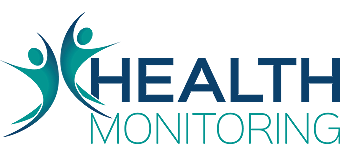Latest News From Health Monitoring
Keeping you up to date on recent initiatives, software enhancements, and the national conversation about public health
Keeping you up to date on recent initiatives, software enhancements, and the national conversation about public health
It may seem obvious: Allowing all employees access to paid sick days would reduce influenza infections in the workplace.
But for the first time, this hypothesis is now supported by research. In a first-of-its-kind study by the University of Pittsburgh’s Graduate School of Public Health, researchers found that universal access to paid sick days would reduce flu cases in the workplace by nearly 6 percent.
In an update posted today, the World Health Organization reported that an 83-year-old man with underlying medical conditions has died of a laboratory-confirmed case of Middle East respiratory syndrome coronavirus (MERS-CoV). To date, this marks the 31st death due to MERS-CoV.
According to the report, the man was from Al-Ahsa, where the outbreak began in a healthcare facility in April of this year. The WHO has been notified of a total of 55 cases of the virus worldwide, but Saudi Arabia has been hit the hardest by the virus, with 40 confirmed cases and 25 fatalities.
Unlike the approach taken by the development of a Health Information Exchange (HIE), a Health Record Bank (HRB) would provide storage for all of an individual’s health information in one account. In much the same way that bank accounts work, individuals would be given a secure HRB account number, and that account could then be accessed from anywhere—including mobile health apps and health and wellness devices. Access to the account would be controlled exclusively by the individual or their proxies. Patients could provide the account number to their healthcare provider so that each time an entry was made into a healthcare provider’s Electronic Health Record (EHR), that information would be automatically added to their HRB.
After investigating a cluster of mysterious illnesses that killed two people in Alabama, Public Health officials have determined that the cases were unrelated and no new bacteria or viruses were involved. The investigation involved seven patients who were admitted to hospitals in Dothan and Luverne in Southeast Alabama exhibiting fever, cough, and shortness of breath. The patients ranged in age from 24 to 87.
According to a recent update by the World Health Organization (WHO), a hospital worker in France has contracted a laboratory-confirmed case of novel coronavirus (nCoV) after treating a patient with the infection. This news came shortly after the WHO’s announcement that two health care workers in Saudi Arabia who treated nCoV patients have also been infected with the virus.
This is the first time healthcare workers have been positively diagnosed with nCoV after direct exposure to patients. Infectious disease experts find this worrisome—when SARS arose 10 years ago, hospitals unknowingly amplified its first rapid spread. On Monday, the WHO published a multi-page infection-prevention guide for any hospitals that might take in patients with nCoV…
Bacteria that are resistant to our antibiotics are spreading faster than our efforts to stop them. Research by Extending the Cure (ETC) shows that some parts of the country continue to use antibiotics at high rates, and that the overall share of resistant bacteria increased by more than 30 percent between 1999 and 2010.
Our mission: Provide services that focus healthcare resources on existing and emergent threats to community health.
Our customers: State and local public health departments and health systems. We currently serve Connecticut, New Jersey, Pennsylvania, Ohio, Wyoming, and several counties in California, covering a total of more than 40 million people.
What we do: Monitor real-time health-related data for community health indicators. We collect data from nearly 600 hospitals and 3,600 ambulatory systems.
Support email:
support@health-monitoring.com
Emergency support: 1 (844) 231-5776
Additional guidance:
EpiCenter User Manual
700 River Ave., Suite 130
Pittsburgh, PA 15212
Corporate office: 1 (412) 231-2020
General calls: 1 (844) 231-5774
Emergency support: 1 (844) 231-5776

